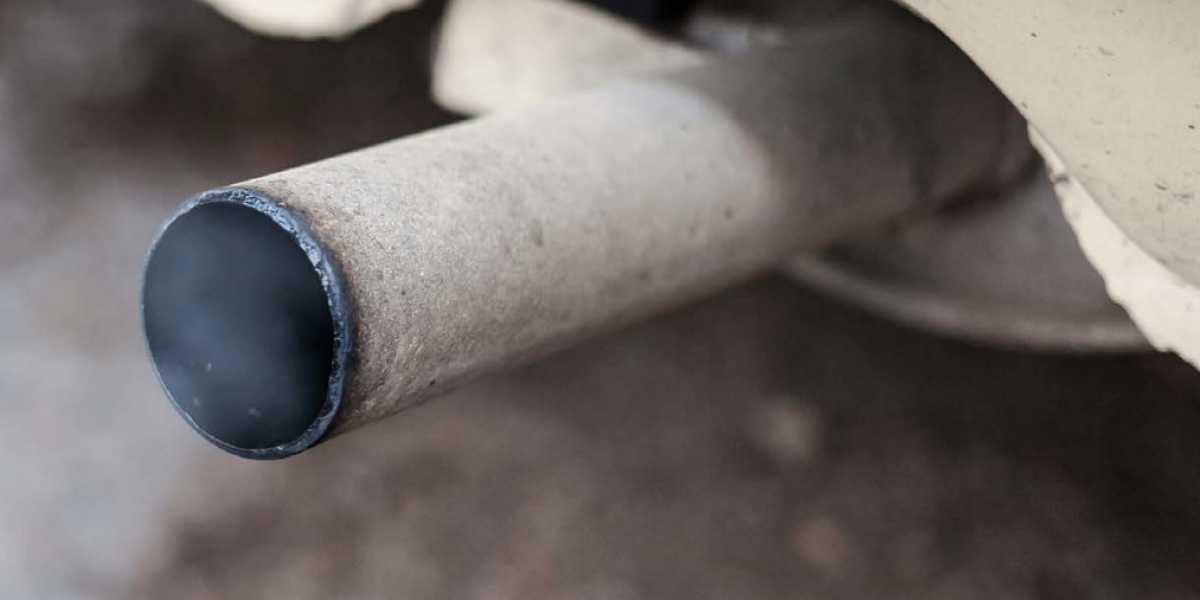A. Marcel Oestreich
Department of Economics and Finance, University of Guelph
Supervised by Professor J. Livernois and R. Kirkegaard
Department of Economics and Finance, University of Guelph
Studies founded both in economic theory and empirical research have shown that when firms self-report their pollution, their environmental performance improves. However, the success of this approach depends upon compliance by firms, and budgetary constraints for enforcement provisions of environmental information disclosure programs may limit their effectiveness in promoting environmentally beneficial outcomes. A fine-based enforcement system can usually deter non-compliance, but requires (especially when fines are capped) sufficiently high audit probabilities to do so. These probabilities can be costly for regulators to achieve.
An important conclusion of this research is that the most commonly applied inspection strategy, the random audit mechanism, is not the optimal auditing approach for underfunded environmental enforcement agencies. Given the mismatch between regulatory mandates and budgets, the random mechanism does not create the best possible incentive for firms to report and abate emissions. Instead, regulators should investigate the appropriateness of two alternative strategies, the dynamic audit mechanism and the competitive audit mechanism, to improve environmental outcomes through a more efficient use of scarce resources.
External Materials:



